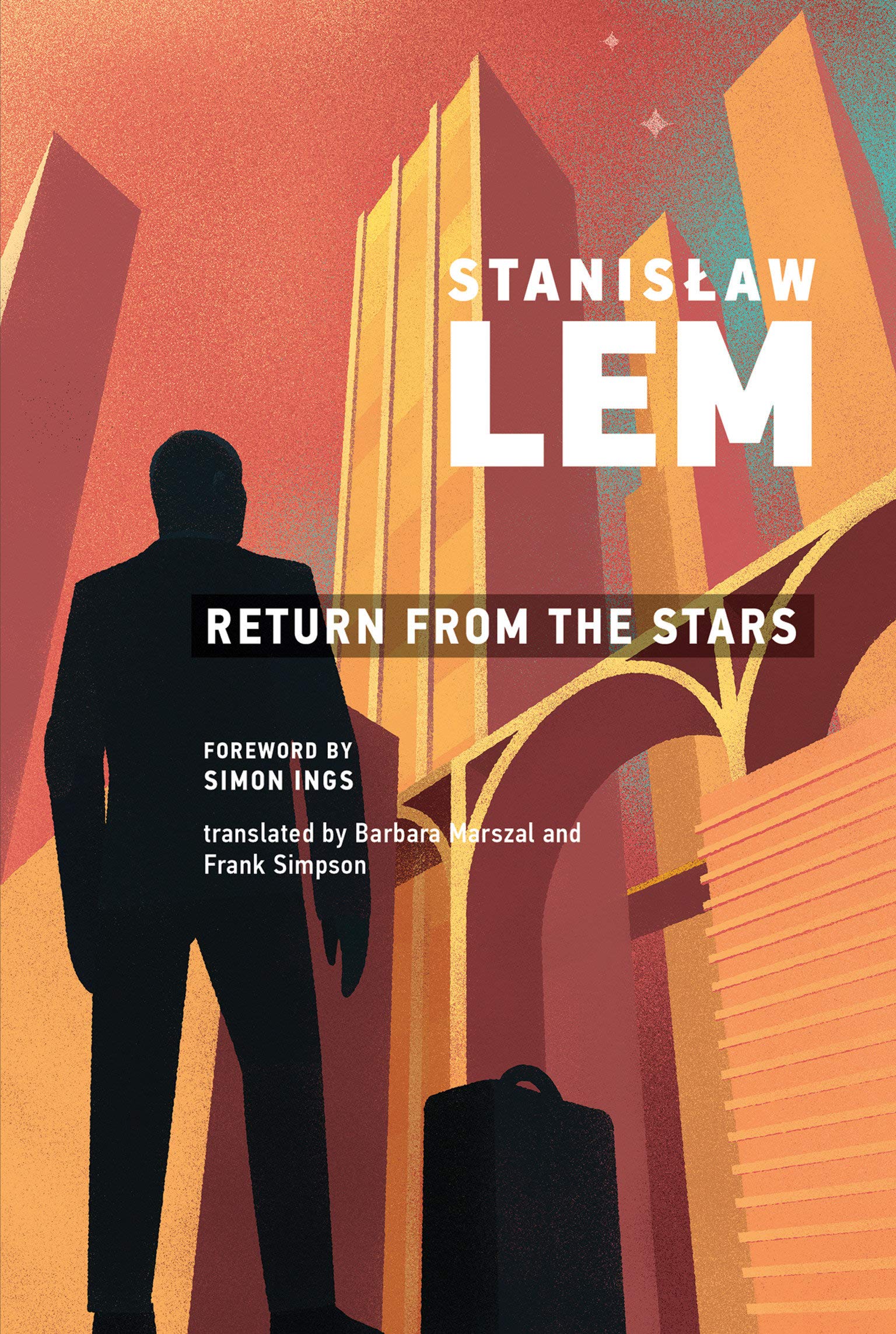
An astronaut returns to Earth after a ten-year mission and finds a society that he barely recognizes.
Stanislaw Lem\'s Return from the Stars recounts the experiences of Hal Bregg, an astronaut who returns from an exploratory mission that lasted ten years--although because of time dilation, 127 years have passed on Earth.
With Return from the Stars, Lem shows the shifting boundaries between utopia and dystopia..
He is faced with a choice: leave Earth again and hope to Return to a different society in several hundred years, or stay on Earth and learn to be content.
Indeed, faced with no opposition to his aggression, Bregg behaves abominably.
Bregg has serious difficulty in navigating the new social mores.
While Lem\'s depiction of a risk-free society is bleak, he does not portray Bregg and his fellow astronauts as heroes.
The people of Earth view Bregg and his crew as "resuscitated Neanderthals," and pressure them to undergo betrization.
Children are "betrizated" to remove all aggression and violence--a process that also removes all impulse to take risks and explore.
Bregg finds a society that he hardly recognizes, in which danger has been eradicated.
An astronaut returns to Earth after a ten-year mission and finds a society that he barely recognizes.
Stanislaw Lem\'s Return from the Stars recounts the experiences of Hal Bregg, an astronaut who returns from an exploratory mission that lasted ten years--although because of time dilation, 127 years have passed on Earth
